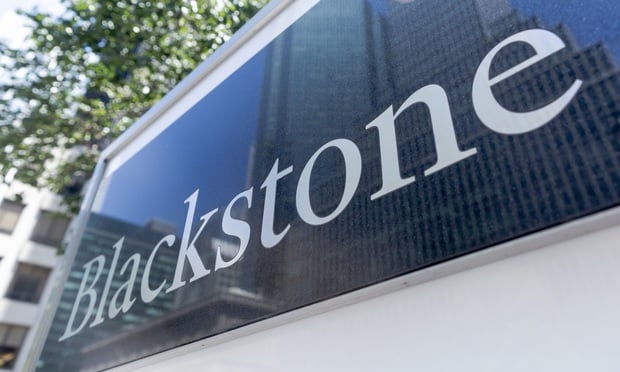A close to standing-room-only crowd of 300 gathered at the Four Seasons Resort and Club Nov. 14 at the inaugural RealShare Medical Office Buildings to hear the "how-tos" of working with medical office buildings, health centers and other health care real estate. The good news is health care systems are realizing their core businesses is medicine, not real estate.
Additionally, "Health systems are looking for alternative sources of capital," says Ron Long, CFO, Texas Health Resources in Arlington, TX. "They'd like to shed some of their non-core assets to get it." Even better news is that sales are still strong in this market, though not as hot as in previous years.
But getting a foot in the door with these medical establishments isn't necessarily a piece of cake. Participants learned at the event, sponsored by RealShare Conference Series, the real estate conference division of Incisive Media, that success in the business is dependent on one thing: Relationships.
"You have to be good at dealing with physicians. You have to understand their personalities and even know something about their business," Long says. "Then there is a relationship with hospitals on top of that." As a result, someone looking to do a single, one-off deal won't have much success in this industry. "Hospital and health systems like to partner with developers and investors who have track records in these issues," he remarks.
The medical establishment prefers the long-term relationships for a reason. "Once a hospital goes forward to monetize a building, the management is asking 'who do I want to be partners with for the next 20 years?'" comments Birmingham AL-based Sanders Trust director of business development Bruce Bright.
Malcolm Sina, president and CEO with DASCO Cos. LLC of Palm Beach Gardens FL agrees with the assessment. He also points out that the investor wanting to invest in the medical product type needs to understand it's driven by internal rate of return, rather than cash flow.
In addition, the medical office development side is different from standard office developments. "The cost of product delivery is different, and higher, explains Jeffrey Land, vice president, corporate real estate with Catholic Healthcare West, headquartered in San Fransisco. "It's harder to get deals done, and pre-leased."
Much like rest of the real estate market, it's difficult to find debt for acquisitions, though plenty of equity is out there. The experts point out the best way around the credit situation is to tap into small community banks and focus on small deals not more than $20 million. "Six months ago, large banks loved the larger deals," notes Chicago-based GE Healthcare Financial Services Inc. senior vice president Brent Tharp. "These days, the only banks left with anything to lend are the local banks."
"Twelve months ago, it was the larger deals that got all the attention," agrees Jeffrey Cooper, executive managing director with Savills LLC, headquartered in London. "But if you bring a large transaction around today, people would say 'no thank you.'"
The reason, he continues, is because the larger transactions can take up to 120 days for the due diligence. "The metrics can change too much in that time," he notes. On the other hand, the smaller deals are easier to close because they aren't quite as scary for the local banks.
Does this mean that larger transactions are out of the picture? Not so, says Chicago-based Shattuck Hammond Partners' senior vice president Ari Weinberger. Weinberger points out that lenders can be encouraged to form a syndicate for those larger transactions.
Regardless of transaction or development size, the speakers say nothing will happen without experience or a track record of at least 20 years. Bright suggests those interested in working with health care real estate join forces with an investor or developer who's been in the industry for awhile, then take the time to build a reputation.
James Schrim III, chief operating officer with Klingbeil Medical Partners LLC in Worthington, OH says the key to success in medical real estate is a willingness to grind it out, do the homework and find creative ways to raise funds. "It takes capital, courage and common sense," he adds. "If you have these three, you can eventually do well in this market."
© Touchpoint Markets, All Rights Reserved. Request academic re-use from www.copyright.com. All other uses, submit a request to [email protected]. For more inforrmation visit Asset & Logo Licensing.






